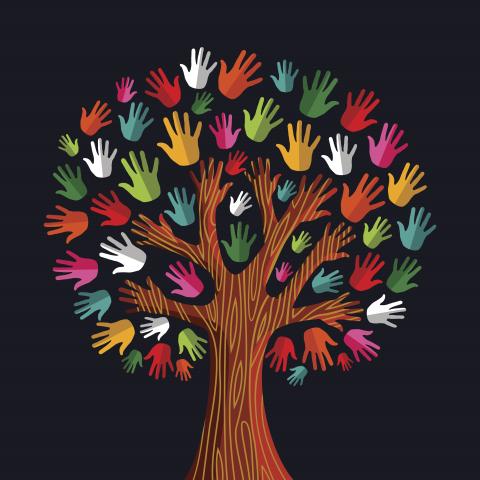Sociology
Anthropology and Disaster
• History of the social science study of disaster • What can anthropology tell us about disaster? • What is a disaster? Types and causes • Differences between hazard, emergency, disaster, catastrophe • Anthropology of disaster: context, community, aftermath, coping, change & adaptation • Social science theories of disaster: behaviorist or functionalist; hazard approach; political economy approaches and the notions of ‘risk’ and ‘vulnerability’ • Disaster and gender, caste, class, race and ethnicity • What can disasters tell us about anthropology?
Development in South Asia: Issues & Debates
What is meant by developmen (Why) Do we need development? Who is developmentfor?
Research Methods: Qualitative Methods
1. Introduction to Qualitative Methods
2. Ethnography 302226 Participant and Non-Participant
3. Grounded Theory, Narrative Analysis
4. Mixed methods and Ethnography
5. Hands-on project on Ethnography.
Social Theory - I
The emergence of social theory The sociological imagination The division of labour in society Capitalism and commodification of social relations Religion and social change The total social fact Social Action, its categories and interpretation Organisation of modern society
Social Movement and Social Change: Contemporary Reflections
Nature, Definitions and Characteristics of Social Movement, Relationship with state and Civil Society Theories of Social Movements Social Movements and Social Change Reform, Rebellion, Revival Revolution, Counter Movement New Social Movements (Peasant movement, Labour movement, Dalit movement, Women’s movement, Ecological/Environmental Movement, Anti-Nuclear Movement, Anti-Globlalization movements Movements, mobilization and current social order
Doing Sociology
1. The Sociological Imagination: Lying at the intersection of Biography and History, Individual versus social constraint, Private troubles versus public issues.
2. The foundations: Marx/Weber/Durkheim: Theoretical perspectives: a) Marx: Historical materialism, Capitalism. b) Max Weber: Protestant Ethic, Meaningful social action – but it is an ideal type or an average meaning c) Durkheim: The social fact recognized by its generality and coercion
Constitutional Law and Public Policy
Indian constitution as a foundation for policy making; Universal human rights and social justice; Fundamental rights and directive principles of state policy; Relationship between state, judiciary and civil society; Case studies of constitutional law and policy; The Executive and Legislature; Federalism and Local Government; Technocratic Constitutional Institutions
Pagination
- Previous page
- Page 4
- Next page
